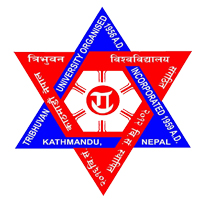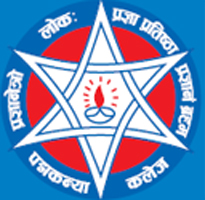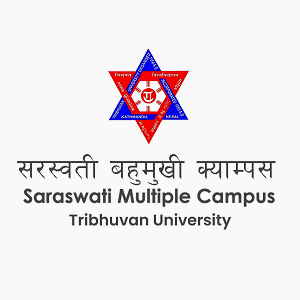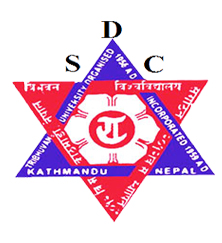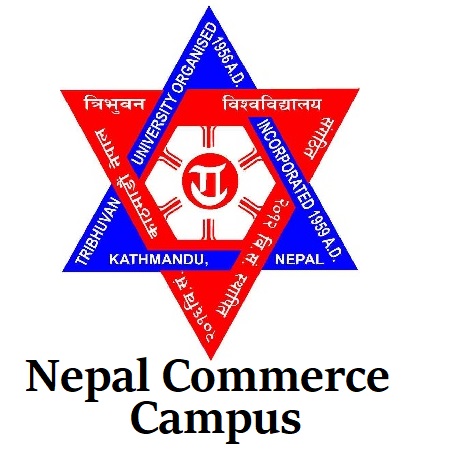Overview
MBM at Public Youth Campus, Dhobichaur, Kathmandu
Master of Business Management (MBM) at Public Youth Campus, Tribhuvan University, provides a four-semester graduate route that blends management theory with field application.
The program totals 60 credits. Students complete foundation and core subjects, allied and sector courses, and a practicum/research project. A structured intake—CMAT, group discussion, presentation, and interview—builds a cohort ready for analytical and supervisory work.
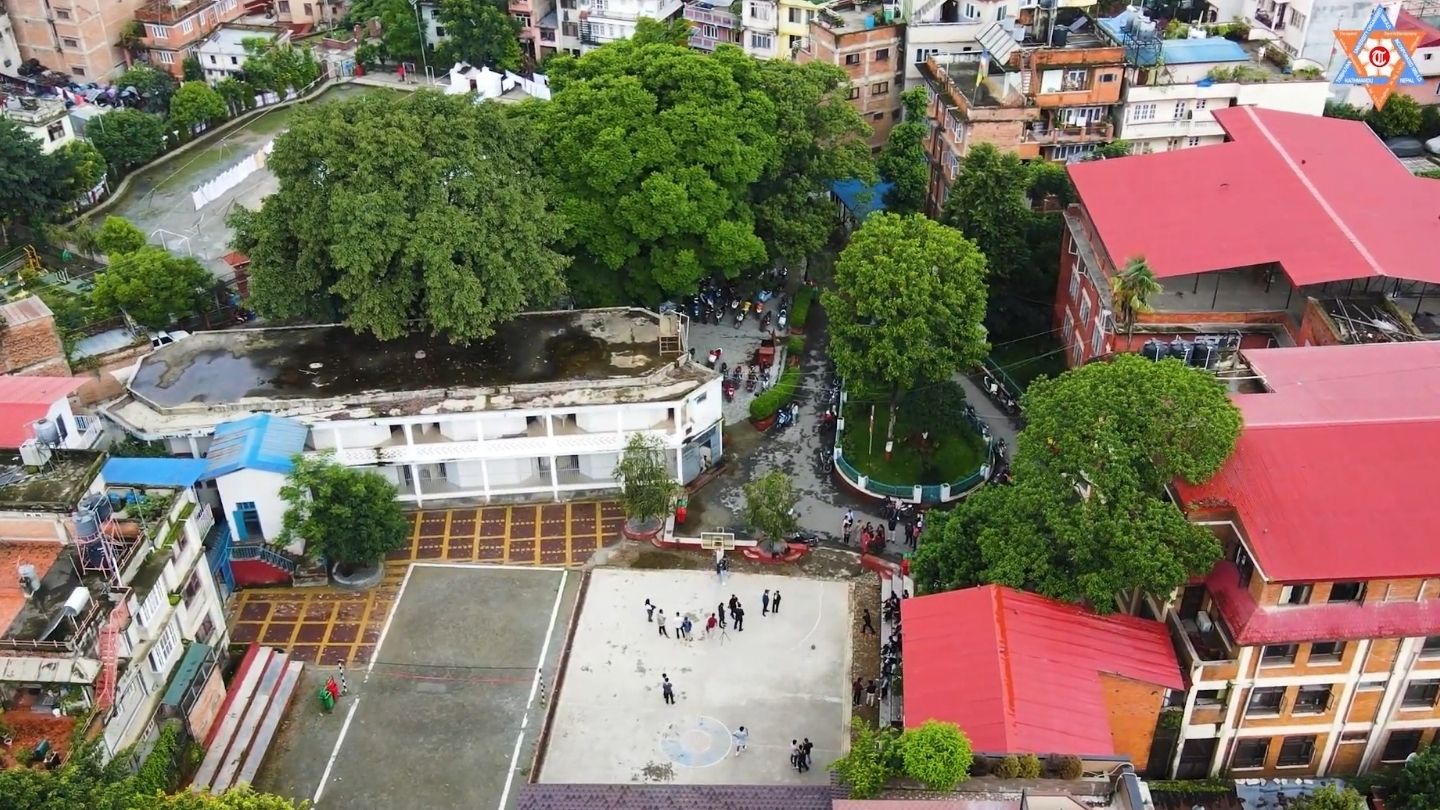
Highlights
-
Affiliation: Tribhuvan University, Faculty of Management; PYC is a constituent public campus in Kathmandu.
-
Duration and Credits: Two years, four semesters; 60 credits.
-
Intake Process: CMAT followed by group discussion, individual presentation, and personal interview.
-
Evaluation: In-semester tasks with defined weights and end-semester examinations; CGPA-based reporting as per Faculty rules.
-
Graduate Evidence: Sector assignments, project/internship output, and a final presentation.
Curriculum Details
The MBM structure at PYC reflects Faculty of Management norms: foundation learning first, then core management, allied analytics, sector electives, and an applied finish.
Credit Map (indicative)
-
Foundation Block: Economics for Managers, Quantitative Techniques for Decisions, Accounting for Managers, Managerial Communication.
-
Core Management: Financial Management, Marketing Management, Organizational Behavior and HRM, Operations and Supply Chain, Strategic Management, Business Environment and Policy.
-
Allied/Analytical: Management Information Systems, Business Research Methods, Data Analysis and Reporting.
-
Sector Electives: Banking and Financial Services; Insurance and Risk; Entrepreneurship and SMEs; Services and Retail; Tourism and Hospitality; or other Faculty-approved sets.
-
Practicum/Project: Applied research or internship with written report and viva.
Faculty announce detailed course outlines at semester start. Outlines include session plans, readings, internal evaluation rubrics, and deadlines for proposals and drafts.
Objectives
-
Leadership Readiness: Prepare graduates for team supervision, client interaction, and planning tasks in Nepali organizations.
-
Evidence-Based Decisions: Teach structured analysis and concise reporting that managers can act on.
-
Enterprise Orientation: Encourage small-business problem solving for local markets and supply chains.
-
Progression to Advanced Study: Create a base for MPhil/PhD applications after meeting entry standards.
Scope
Graduates work across banks, insurers, ICT-enabled services, trading and manufacturing, retail chains, hospitality, consultancy support, and development programs. Many roles ask for steady documentation, client communication, budgeting inputs, vendor comparisons, and field coordination—skills practiced throughout the MBM.
Learning Outcomes
Students who complete MBM at PYC should be able to:
-
Build decision notes that connect numbers with policy or market realities.
-
Plan and monitor small projects, report progress, and surface risks early.
-
Analyze customer data and propose workable channel or service changes.
-
Prepare a budget pack with schedules and a short narrative for approvals.
-
Collect and clean data for research and present results in clear visuals.
-
Produce a defendable project or internship report and present it to a review panel.
Skill Development Modules
-
Quantitative and Data: Spreadsheet models, sampling, regression basics, and dashboard-ready charts.
-
Financial Skills: Cash-flow planning, basic valuation, risk and return concepts, compliance awareness.
-
Marketing and Service: Customer journey notes, service recovery checklists, pricing and promotion choices.
-
People and Process: Team briefing, negotiation basics, process mapping, and improvement notes.
-
Communication: Executive summaries, slide decks, and short memos that match Nepali office practice.
Teaching Methodology
PYC runs interactive lectures, case work, simulations, workshops, and project supervision. Students deliver short presentations throughout the term and receive feedback on structure, evidence, and time control. Industry talks and field assignments provide current context for Nepal’s markets and public programs.
Admission Requirements
-
Eligibility: Bachelor’s degree from a recognized university with at least CGPA 2.0 (semester system) or 45% (annual system), or as per the Faculty of Management notice for the intake year.
-
Entrance and Screening: CMAT followed by group discussion, individual presentation, and personal interview; candidates are screened at each stage.
-
Documents: Transcripts, character certificate, migration where applicable, photographs, and any proofs listed in the intake notice.
-
Attendance and Progress: Students meet attendance thresholds and submit internal tasks on schedule to qualify for end-semester exams.
Career Opportunities
-
Banking and Financial Services: relationship management support, SME credit files, risk documentation, treasury back-office.
-
Insurance and Risk: underwriting assistance, claims coordination, product support.
-
Consumer and Services: category and channel roles, retail operations, service quality and training.
-
Operations and Supply: vendor evaluation, demand notes, inventory reviews, and logistics.
-
Consulting and Projects: research assistance, survey management, policy briefs for development partners.
-
Entrepreneurship: structured small-business planning with financials, compliance checklists, and customer testing.
Scholarships and Financial Aid
Scholarship windows and fee-waiver categories are announced per batch following TU and campus policy. Some batches reserve seats for need-based applicants who meet merit thresholds. Students should check the campus office and official site during the application window.
Why Choose This Course?
-
Structured Intake and Delivery: CMAT plus multi-stage screening builds committed cohorts; semester plans keep progress visible.
-
Sector Choice: Elective baskets help you signal interests to employers while studying.
-
Applied Finish: Practicum or project converts classroom ideas into workplace output.
-
Central Kathmandu Access: Dhobichaur location supports interviews, fieldwork, and mentoring visits.
-
Faculty Support: Clear rubrics, topic clinics, and feedback loops that push drafts toward publication-quality reports.
Conclusion
MBM at Public Youth Campus offers a graduate schedule that links classroom depth with field application. Students who plan their workload, engage in industry sessions, and write regularly across the term finish with a portfolio that speaks to banks, services, trading houses, and development projects. Early attention to CMAT and purposeful selection of sector electives sharpen the path to targeted roles.
FAQ
What is the duration and credit load of MBM?
Two years, four semesters, 60 credits.
How does the intake work?
CMAT followed by group discussion, individual presentation, and personal interview.
Does MBM include a practicum or project?
Yes. Students complete an applied project or internship with written report and viva.
Can graduates from non-management backgrounds apply?
Yes, if eligibility thresholds in the intake notice are met.
Where can I verify current seats, fees, and timelines?
Public Youth Campus admission notices and the Faculty of Management announcements publish yearly details.


